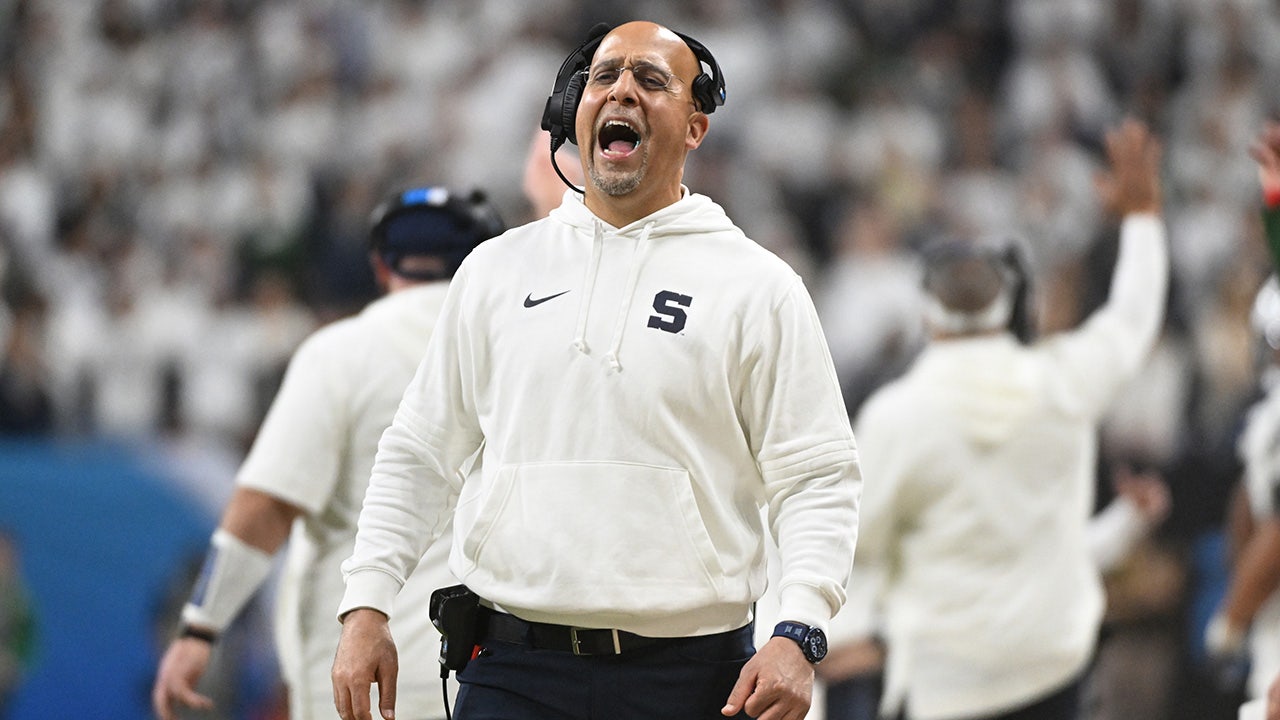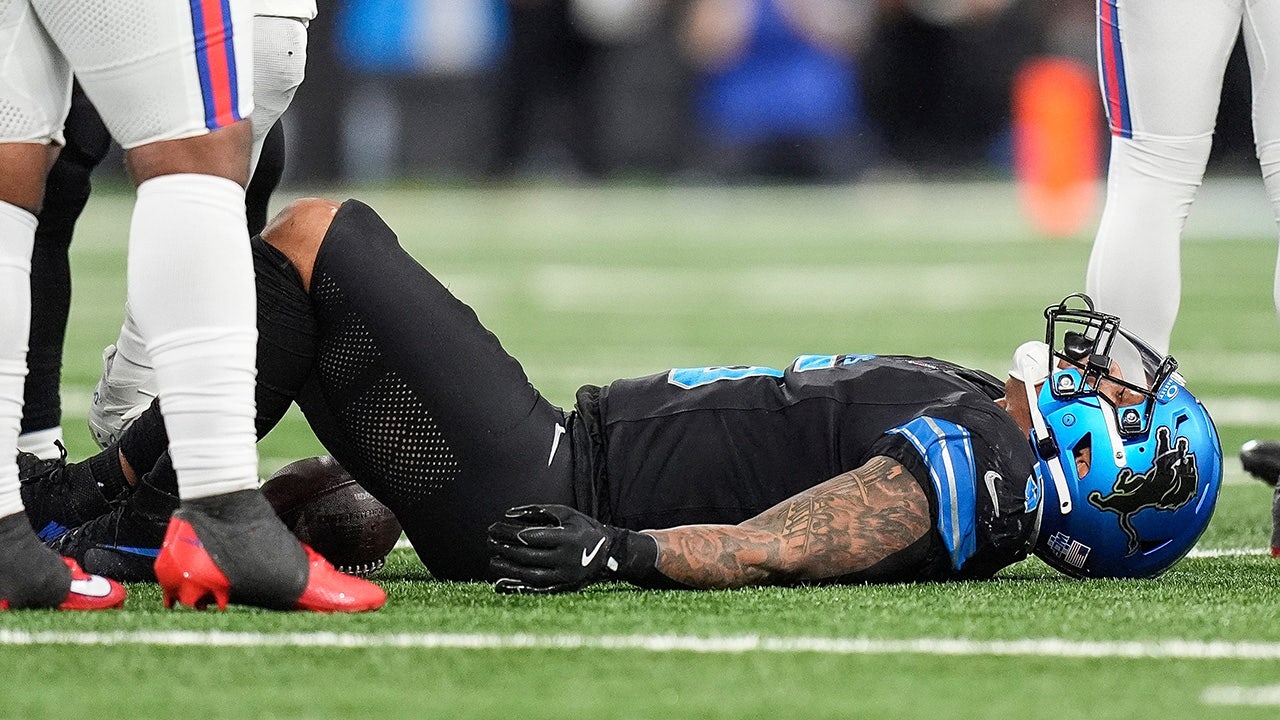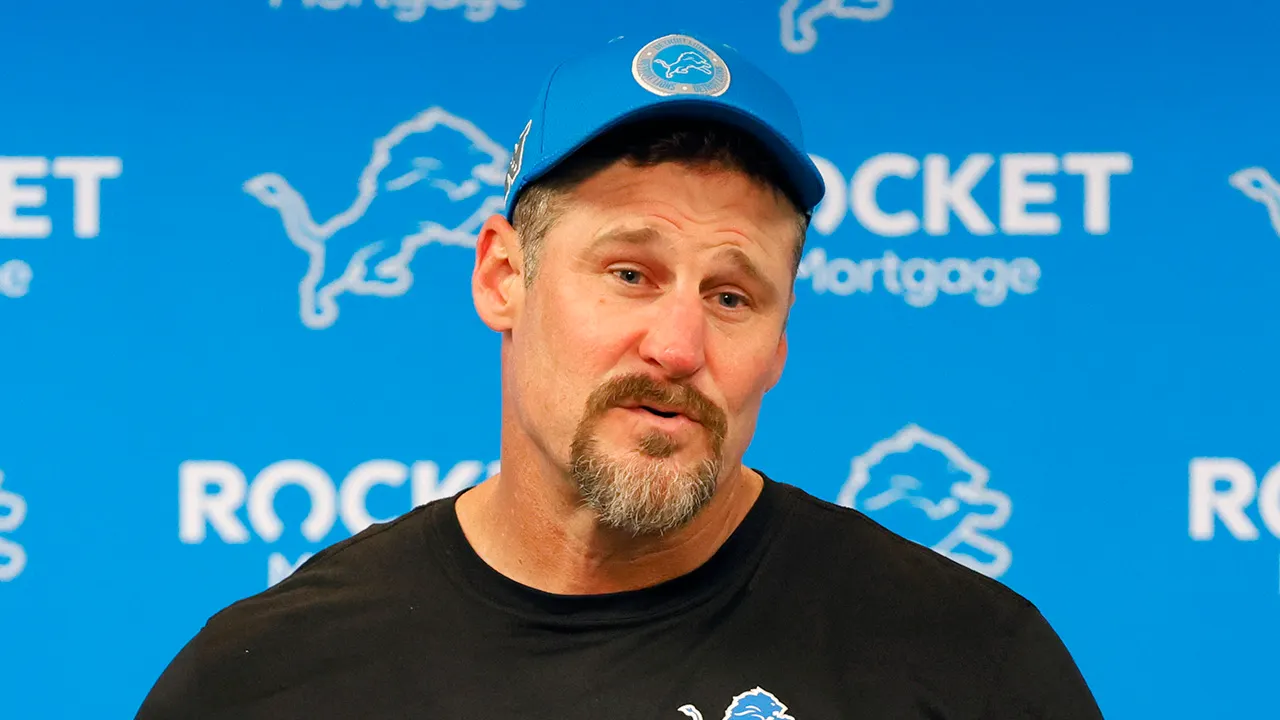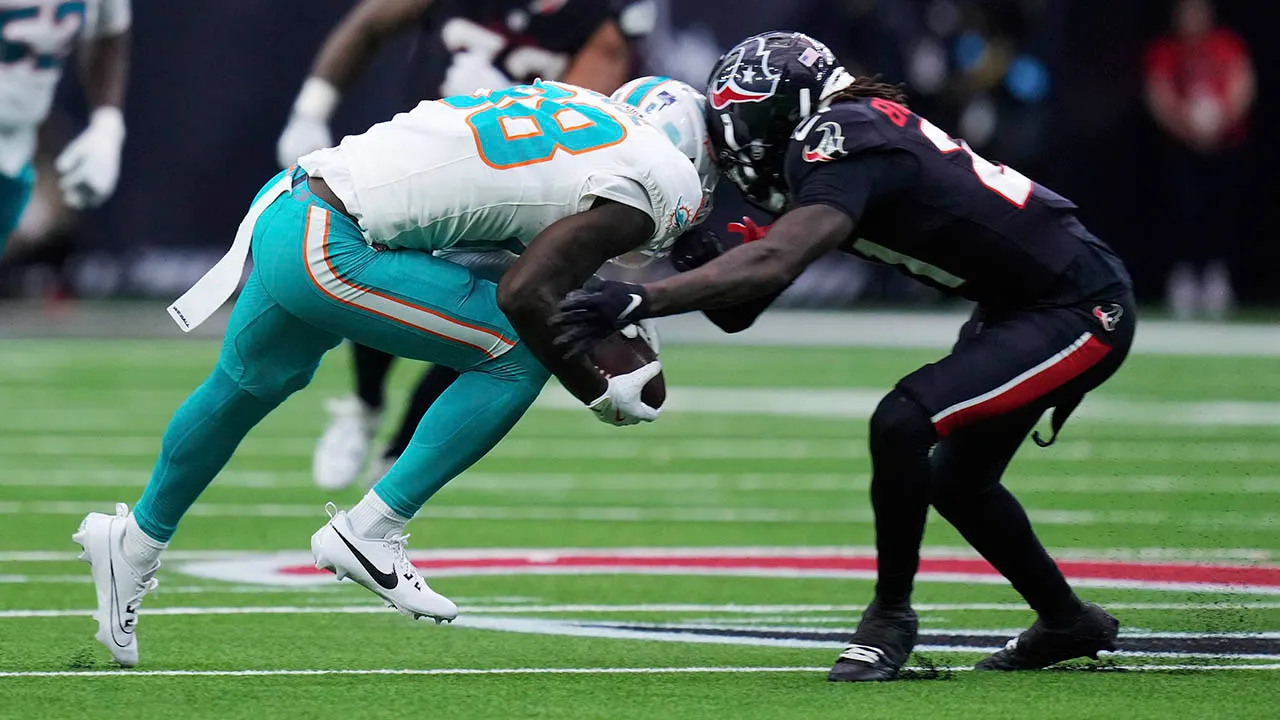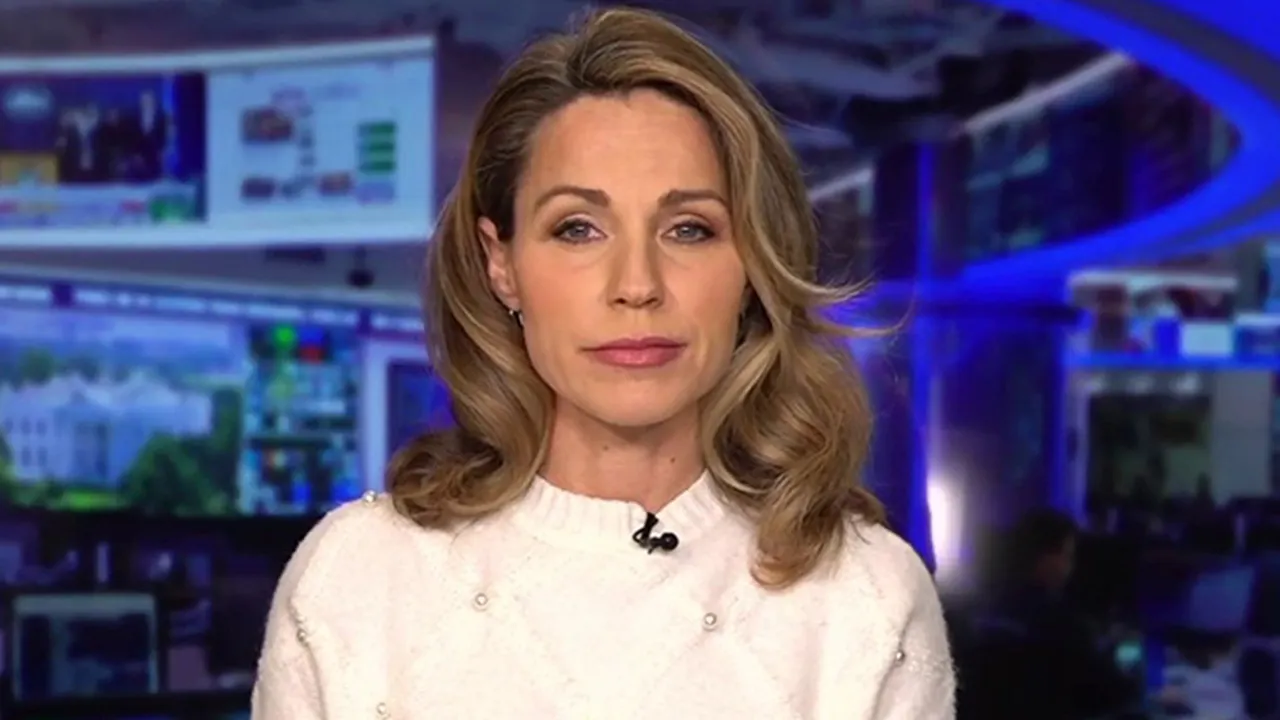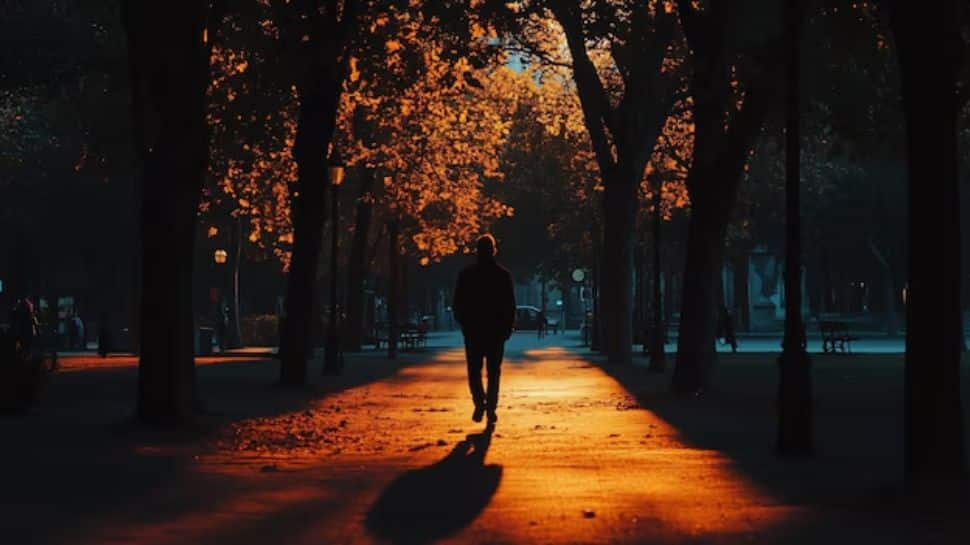In a new biography, Philip Norman writes about the “paradox” of George Harrison, a man who was “unprecedentedly, ludicrously, suffocatingly famous while at the same time undervalued, overlooked and struggling for recognition.”
This was the central contradiction that made Harrison, the composer of classics like “Here Comes the Sun,” and “Taxman,” a fascinating figure, both as a Beatle and after the band broke up, as Norman explores in his book “George Harrison: The Reluctant Beatle.” Norman tackled his latest subject after writing celebrated biographies of Paul McCartney and John Lennon, as well as “Shout!: The Beatles in Their Generation,” a book that Harrison was critical of.
Harrison lived several separate lives. He was a rock star. A follower of Hinduism. A prolific film producer who came close to financial ruin. A philanderer who had an affair with a former bandmate’s wife and once had a guitar duel with Eric Clapton (also the subject of a Norman biography) over Pattie Boyd, Harrison’s first wife, whom Clapton fancied and later married.
“The complexity of his character was something that hadn’t really been noticed before,” Norman said, adding, “Actually taking the whole elusive man, a bundle of different personalities, that was what was fascinating.”
Norman discussed his approach to Harrison in a recent interview.
This conversation has been edited for length and clarity.
You express regret in the book about the obituary you wrote for George in The Sunday Times.
It was very badly timed. And that’s the thing. I wasn’t totally wrong in saying that he could be, as we say in this country, a bit of a miserable git and that he was a serial philanderer. He was both of those things. But it was not the moment to say it.
How was George a contradiction?
George, in his sort of hippie mode, railed against the material world. And yet he was the first person — the first pop star, certainly — to write a song complaining about income tax. He could rise to the height of nobility, which he did with the Concert for Bangladesh, which was the first of those major demonstrations of conscience in the rock community. And yet he also broke the first law of the Beatles, which is you don’t sleep with another Beatle’s wife, which was with his big friend in the band, Ringo. And it was Ringo’s first wife.
He spent years and millions of pounds on restoring this gothic folly [Friar Park, Harrison’s Victorian mansion in Henley-on-Thames, England]. And yet, in a second, he mortgaged it so he could fund the Monty Python film “Life of Brian.” He was the only person I’d ever heard of — and indeed, his first wife, Pattie Boyd, told me this — who actually became very disagreeable after he learned to meditate.
How close did you get to talking to George’s widow, Olivia Harrison, and their son, Dhani?
I had thought I’d be making amends all these years for that very ill-advised obituary by very sympathetically considering him in the Lennon and McCartney books, and then in the Clapton book. But then I didn’t realize this thing that I’d written in 2001, when I didn’t know enough about George, really, to write an obituary of him, was still there. It was undead. It was like a vampiric obituary. And I realized there was no real point in asking them because they couldn’t possibly say yes.
Did Peter Jackson’s “Get Back” documentary change your view of George?
It didn’t, really, although I knew things that happened off camera. For instance, that there’d been a fistfight during those sessions that Peter Jackson said were so warm and jovial — between George and John, because of something George had said about Yoko Ono. George did have a very, very nasty tone when he liked.
You don’t see George walking out. But George does walk out, and John and Yoko have to coax him back into the sessions. I thought it was terribly long. He made the Beatles actually sometimes seem even quite boring.
I was struck by what a prolific film producer George was. Why did film have such a draw for him?
He was very keen on films, always. Even in Liverpool. One of his first steady girlfriends, Bernadette, her mother was the first female cinema manager ever in Liverpool, and that was undoubtedly part of the attraction for George. They were always going to movies together.
The so-called last Beatles song was released last month, with George, Paul and Ringo playing on a John Lennon demo. I get the sense from your book that George would not have approved its release.
You’re absolutely right, because it was George who blocked its release in the 1990s when the other stuff from that cassette tape that Yoko gave to McCartney was being put onto the “Anthology” albums. George said it wasn’t good enough. For once, they listened to him. It was ironic that the only faintly Beatle-like sound on that total mess, in my view, sounded like George’s guitar.











